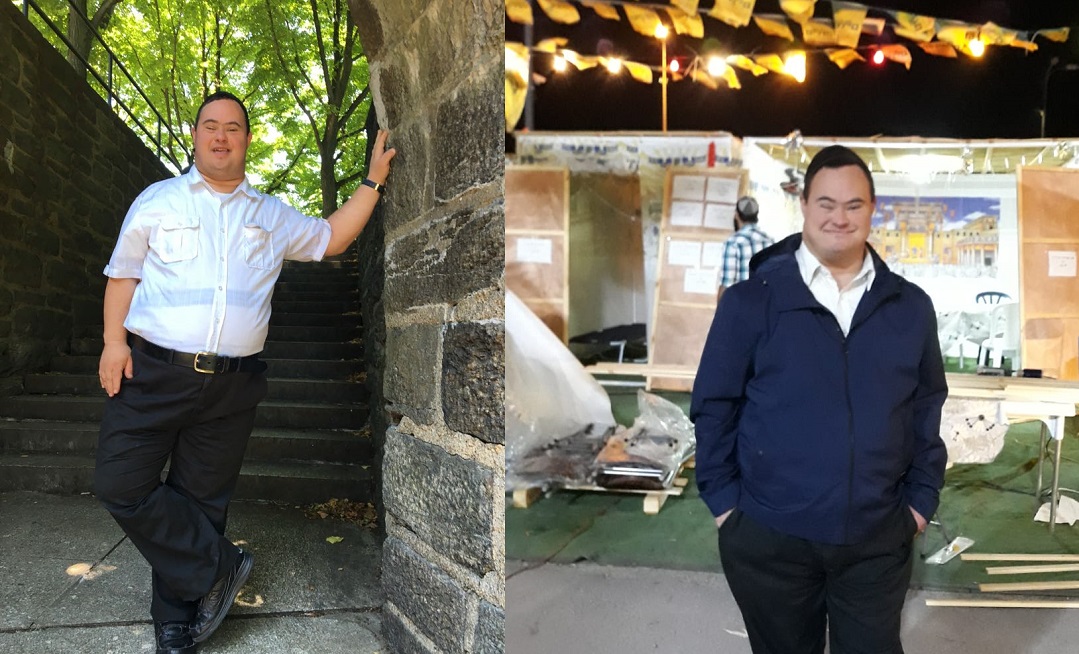Family First Editor’s Letter: Issue 788
| April 6, 2022Sometimes the solution isn’t about tackling the reality, but about altering what we tell ourselves about that reality.
A single comment changed my Yamim Tovim. It was seven or eight years ago, and we’d just gotten back to the office after Pesach. There was a flurry of “How was Yom Tov? “Beautiful! And how was yours?” “Amazing.”
But Shoshana Friedman and I lingered over our conversation, getting beneath the shiny surface. “At some point on chol hamoed,” I admitted to her, “I got so frustrated. I worked so hard up until Yom Tov. And this was supposed to be a break. But it wasn’t! There was so much work – all the cooking and serving and clearing and cooking some more. Entertaining the kids. Company. This was not a vacation.”
“Yom Tov isn’t a vacation,” Shoshana responded simply. “It’s a break from the action at work — you don’t have to juggle job and home, there’s just home. But it’s lots and lots of work.”
Oh.
Today, I laugh at my younger self. Duh! But back then, that mindset switch was a gamechanger. For years, I’d had this idealized — and entirely unrealistic — vision of Yom Tov. As soon as I moved it from vacation category to no job work just home work, I was in a far better place. Pesach still meant endless peeling, cookies that disappeared faster than I could bake them, bored kids who wanted to go on spectacular trips, and a floor that always seemed to be carpeted with matzah crumbs. But the resentment and disappointment melted.
Sometimes the solution isn’t about tackling the reality, but about altering what we tell ourselves about that reality.
And sometimes, it’s reality that has to change.
This week’s feature about being a guest by Estie Aarons is a must-read for anyone who’s spending Yom Tov with family or friends.
Estie points out a reality many of us would rather not acknowledge: much as our parents/in-laws/siblings enjoy hosting us, it can also be a formidable challenge. It’s simply not right to allow all the work to fall on the shoulders of the hostess. If every guest pitches in, Yom Tov will be that much more doable and enjoyable for everyone.
As someone who’s often on the hostess side of the equation, I can attest that the more help offered, the more doable hosting feels, and the more quickly I feel able to do it again.
Estie takes it further. In addition to giving thought to how to make the physical aspect of the Yom Tov manageable, she points out that the emotional element can also be drastically improved with some forethought and planning. And she offers clear guidelines there too. Most of those are of the “deal with reality” variety rather than the “try to change reality,” because, let’s face it, changing people is a whole lot harder than changing schedules. But there’s the secret. By changing schedules and patterns, by helping and noticing what’s going on for other people and sharing the chores — eventually, those hundreds of tiny acts will transform not just the reality, but us too.
Bassi
(Originally featured in Family First, Issue 788)
Oops! We could not locate your form.











